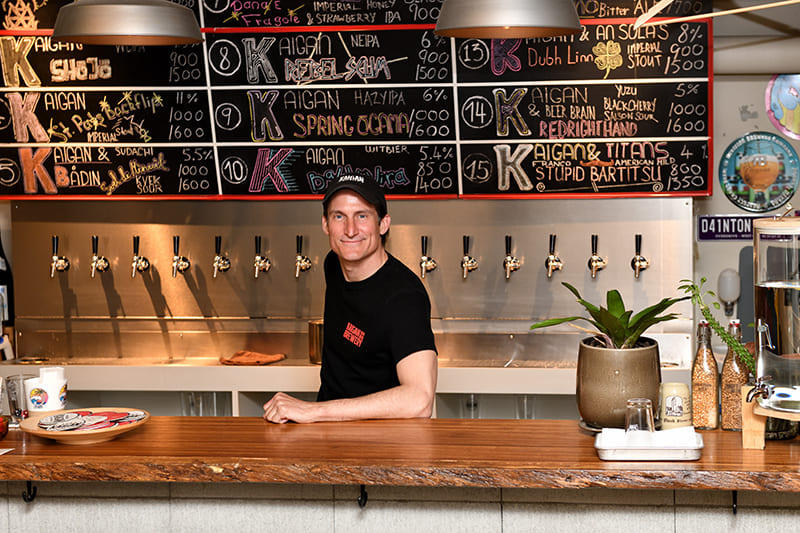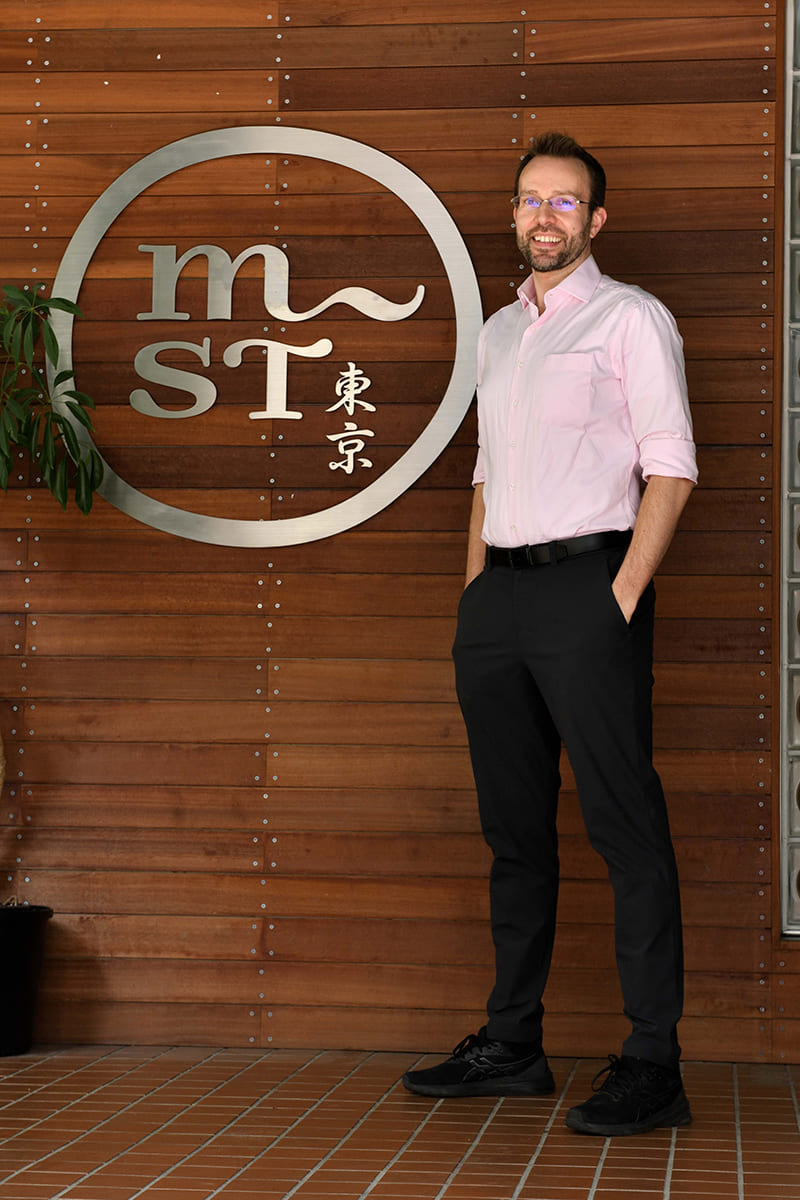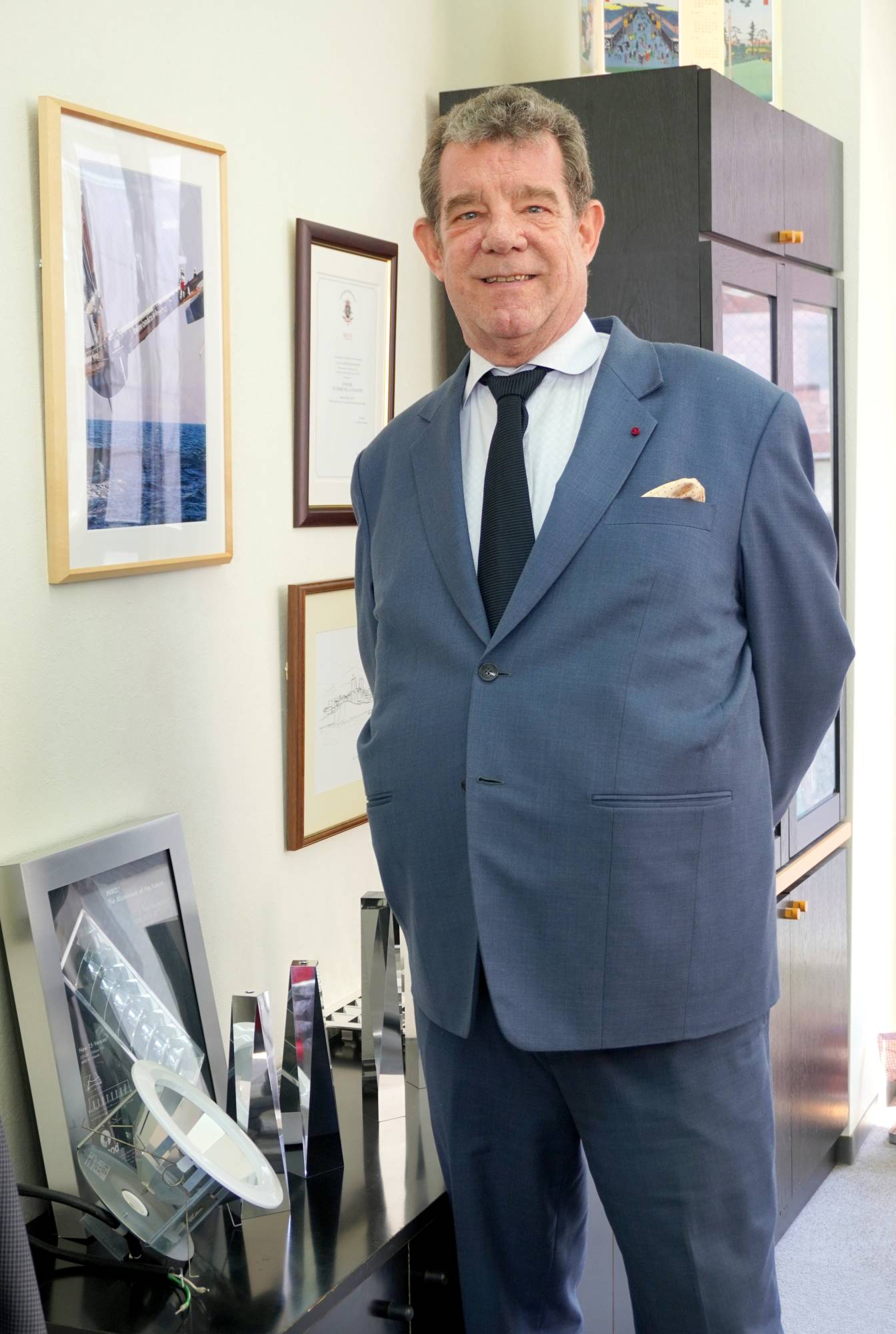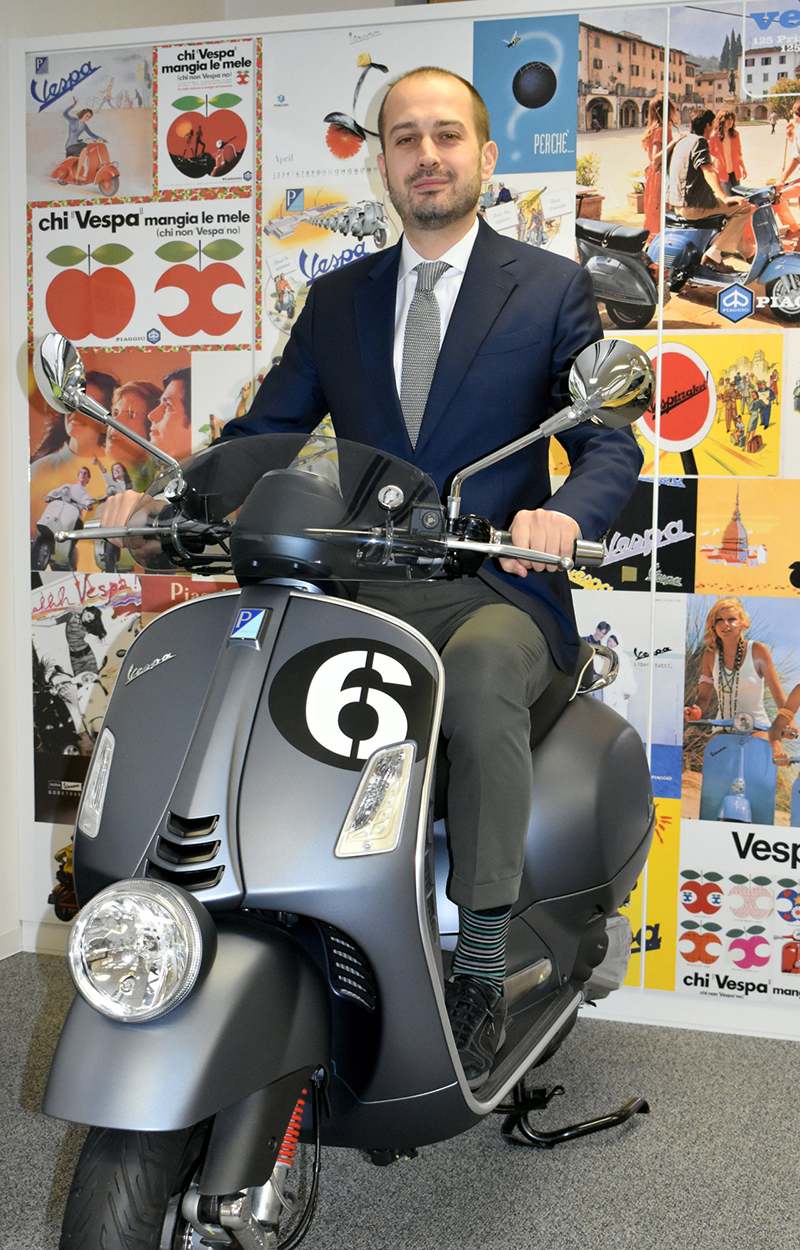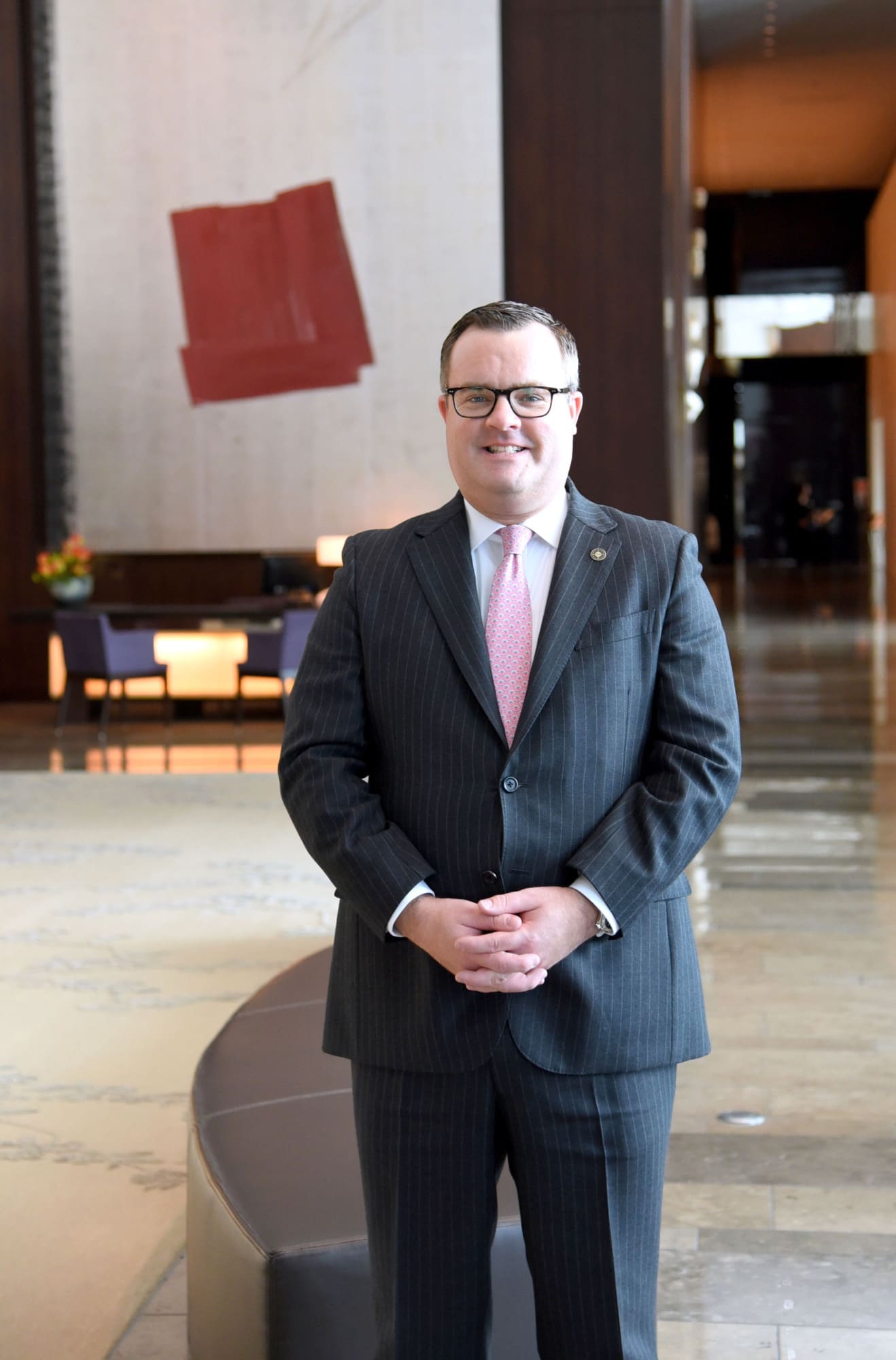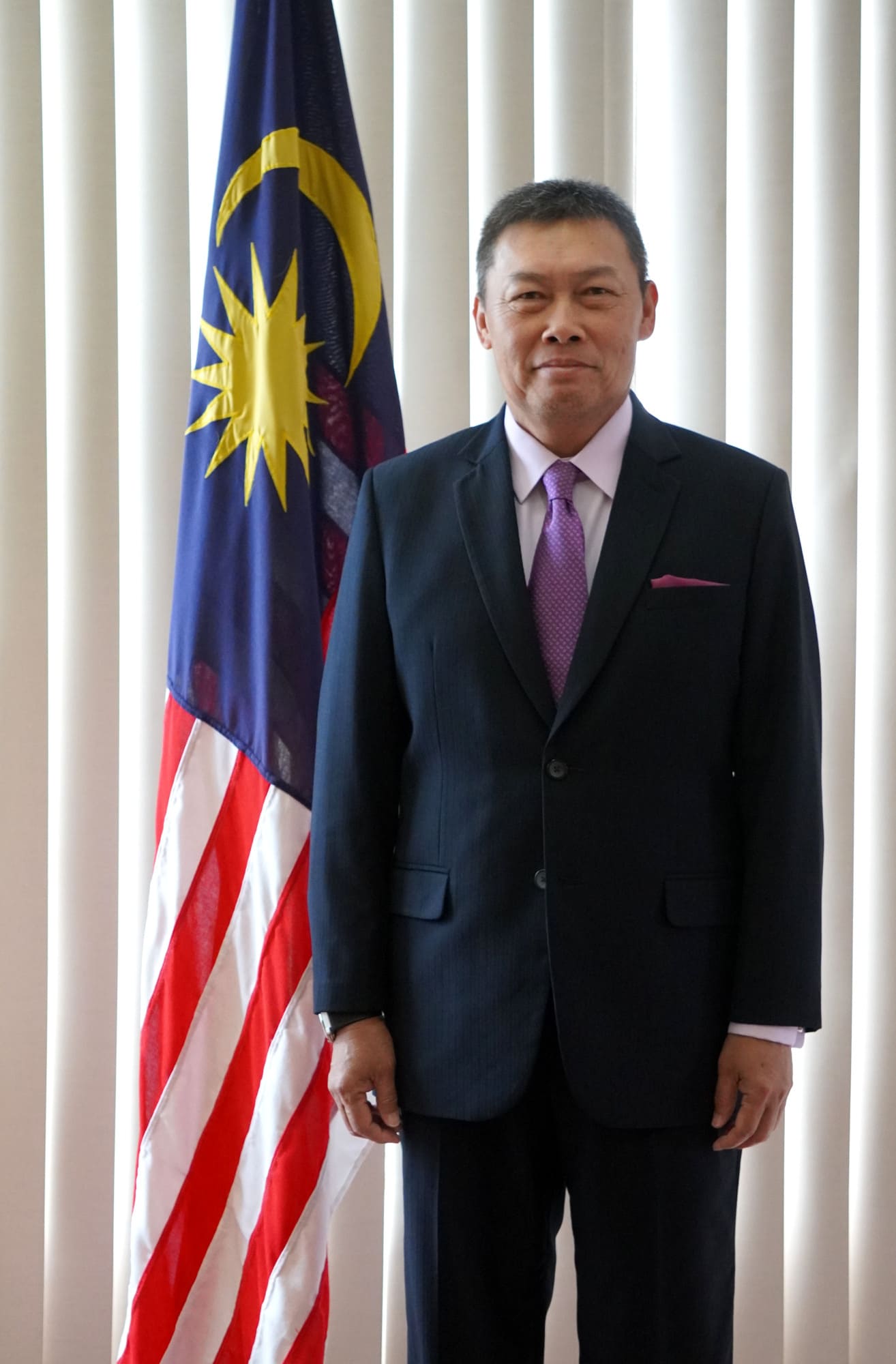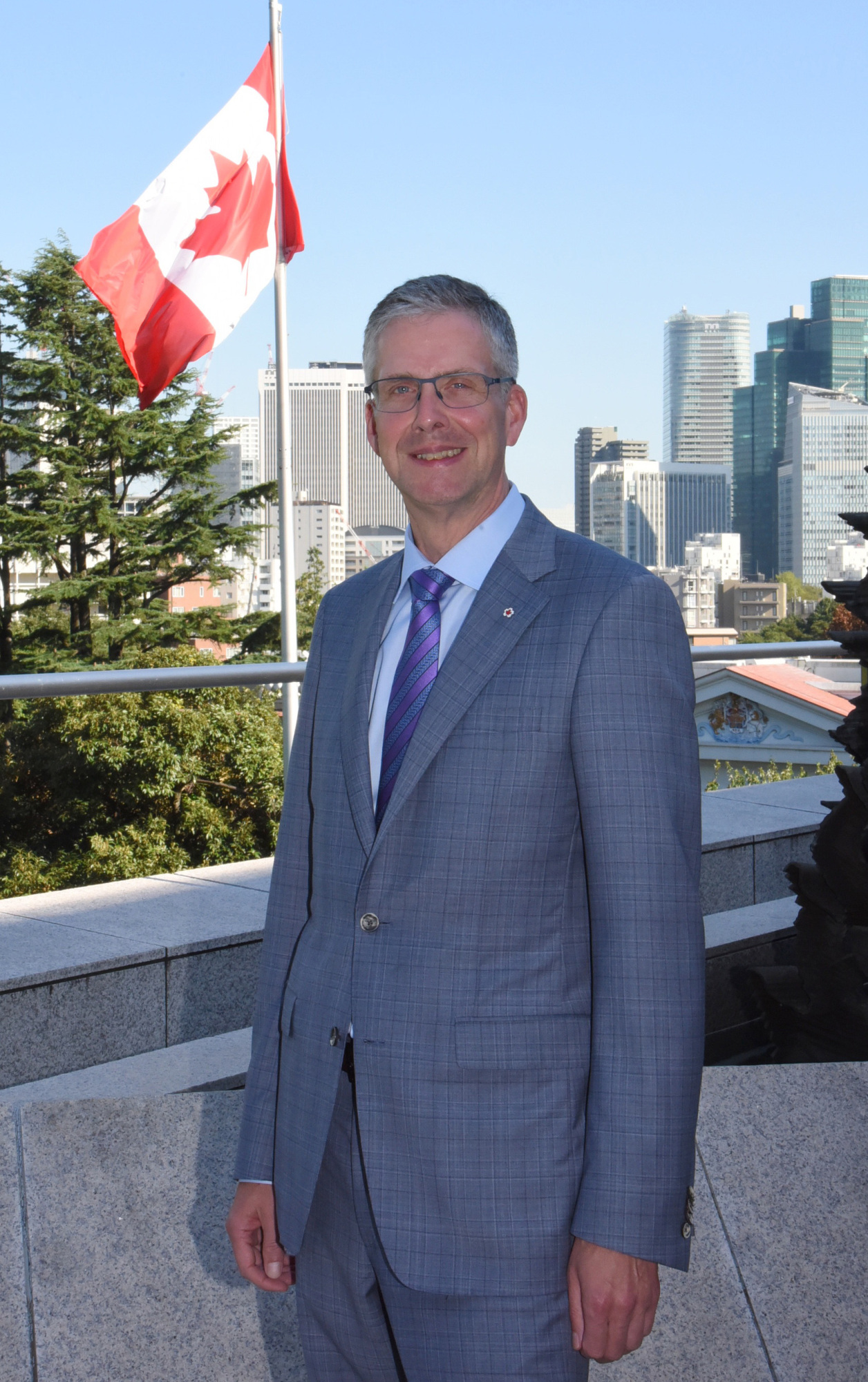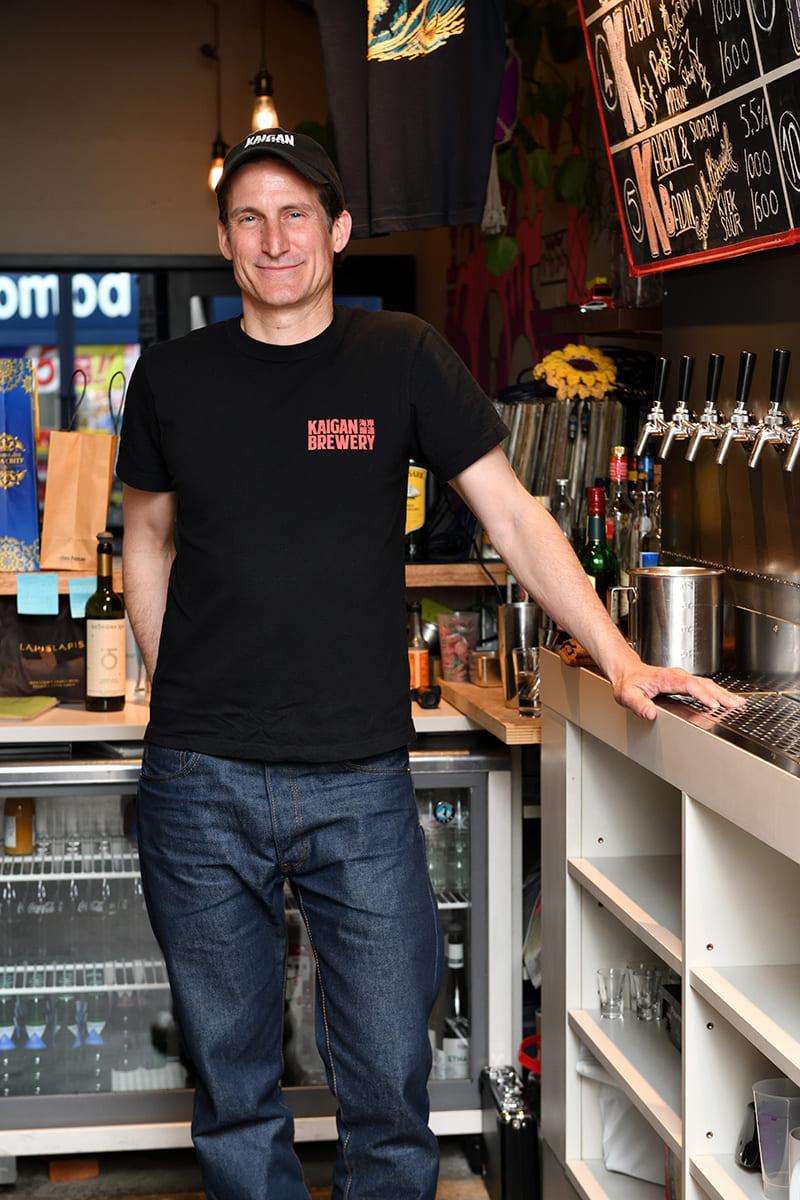
April 28, 2025
Group of friends brews naturally tasty Kaigan beer
Co-founder Philippe Gueulet tells of local ties, sustainable growth
Contributing writer
- Name: Philippe Gueulet
- Title: Co-founder and co-owner of Kaigan Brewery and Coaster Craft Beer & Kitchen, brewmaster of Kaigan Brewery
- Hometown: Marseille, France
- Years in Japan: 22
A group of friends and a whole lot of beer, the beginning of many stories: This is the genesis of Kaigan Brewery. What started as an interest in home brewing and a passion shared among lifelong friends has grown into a beloved craft beer brand and two bustling taprooms. Tokyo craft beer lovers are familiar with the flavorful beers of Kaigan Brewery, located on the coast of Minamiboso, Chiba Prefecture. Most likely, those premium-quality beers were enjoyed at a Coaster Craft Beer & Kitchen, the brewery’s well-loved taprooms in Tokyo’s Shimokitazawa and Aobadai areas.
While many people know how delicious Kaigan beers are, few know how instrumental sustainability practices are to the brewery and how intertwined they have become within the local farming community. In a sit-down with Coaster co-founder and Kaigan brewmaster Phillippe Gueulet, we got to hear the origin story of the brewery and the taprooms and how sustainability initiatives have had a direct impact on the growth of the business and flavors of the beers.
Gueulet and six friends founded Coaster in June 2018. His interests have always extended beyond the business world, “I always wanted to have my own brewery, so I started this adventure with my friends. One of them was chef Thomas Kim, who always wanted to have his own restaurant.” The accomplished and classically trained chef developed the menu that has become an iconic staple to the food scene of Shimokitazawa. In February of 2019, the guys opened the first Coaster Craft Beer & Kitchen together, and a lifelong dream shared between old friends became a tangible space.
The intention was always to brew their own beer for Coaster. COVID unfortunately struck right as Coaster opened, so for better or worse Gueulet had a lot of time to focus on developing the brewery. The crew acquired an empty old house close to the Chiba coast and renovated it from the ground up. He mentioned how lucky he is to work closely with Mehdi Djerrah, a talented self-taught brewer who started as a cook at Coaster in Shimokitazawa. “He’s the best brewer in Tokyo,” Gueulet said as he recalled the countless hours they have spent brewing beer together. There was a lot of DIY involved, as well as a lot of breaks to enjoy barbecues and surfing on the pristine surrounding beaches. In January of 2022, they got their commercial brewing license, and Kaigan Brewery was operational.
Due to the fairly remote countryside location of the brewery, the Kaigan crew stand out as a group of foreigners running a business. When they first arrived, they were total strangers to a tight-knit rural community. Luckily, they are very friendly strangers who made a genuine effort to connect with the locals. “The first connection we actually managed to make with the local community was through the spent grain. The brewery creates a certain amount of waste; part of it is organic waste from the used malt. We found a local cattle farmer who accepted this waste and uses it as cow feed.” This began a network of mutually beneficial exchanges. Local rice farmers began donating used casks, which they would otherwise discard but now are repurposed by Kaigan to filter beer. These types of exchanges have naturally cultivated sustainability into the foundation of the brewery’s practices.
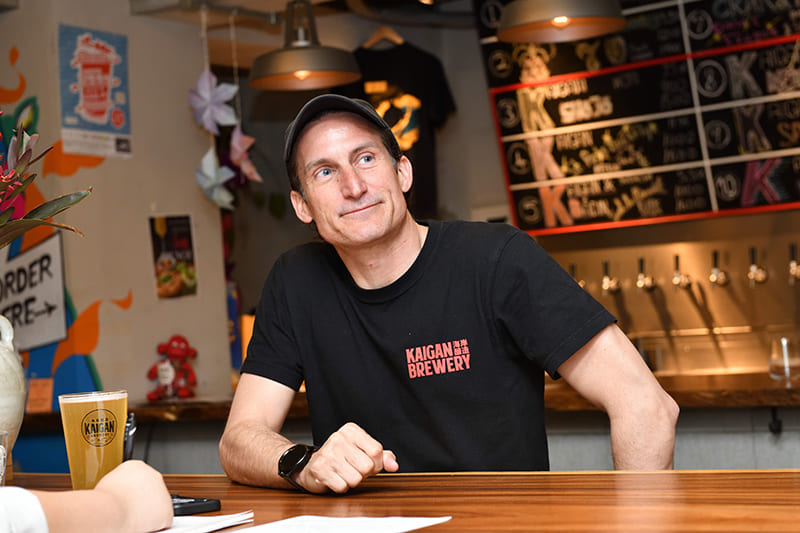
Gueulet recalled developing genuine friendships when they began looking for fruits and fresh produce to incorporate into their beers. After speaking with some blueberry growers, he realized that a lot of the visually imperfect berries taste perfectly fine but can’t be sold in markets and are thrown away. The farmers gave the Kaigan crew 80 kilograms of “ugly” blueberries, and the brewers used them to create the insanely refreshing and lightly tart Blueberry Gose (a type of warm-fermented beer). In return, they gave the blueberry farmers some of their organic waste, which can be used as a soil fermentation additive — and some of the blueberry beer, of course.
As word got out, the brewery began to receive visually imperfect but still delicious yuzu citrus fruits, plums, wakame seaweed and even shiitake mushrooms that later became a popular shiitake porter. All of this produce that once would have been destined to become waste is now given new life as delicious seasonal beers. The availability of seasonal ingredients is why the Kaigan beer lineup at the Coaster shops is always rotating.
They do have a series of permanent beers that pop in and out of the menu rotation, all named after different yōkai spirits. If Gueulet could recommend one permanent Kaigan beer to try, it would be Shojo, a West Coast-style IPA named for a mythical primate yōkai. A lot of people associate craft beer with haziness, but the strong and pleasantly bitter West Coast style harkens back to the origins of craft beer.
When asked about the current challenges of running Kaigan Brewery, Gueulet mentioned that their beers currently can only be sold in large reusable kegs. Because they do not pasteurize or use any chemical stabilizers, their beers must be kept at less than 10 degrees Celsius. Gueulet believes that additives greatly compromise the taste of beer and reduce its overall quality. However, avoiding them means that only bars and restaurants with a tap system and refrigerators large enough to store 15 kegs can currently serve Kaigan beers, despite high demand.
The solution to this challenge will be to begin canning their beers within the next month so that more craft beer fans can enjoy them and they can be provided by a larger number of bars and restaurants. Kaigan Beers will soon be more accessible than ever.
Many stories begin with a group of friends and beer. Few of them lead to the realization of lifelong dreams and the creation of countless happy memories. For many people, the Coaster taprooms extend beyond places to eat and drink. They are a community, where everyone can come as they are and be welcomed with a warm smile and a cold beer. The highly anticipated opening of the second Coaster location in Aobadai last October has allowed this culture of genuine friendship to grow with a new flavor in a new neighborhood. Gueulet mentions consistently how much gratitude he has for the friends, partners and operations team members who have been a part of the journey and make Coaster and Kaigan so special.
Looking to the next chapter, Gueulet anticipates opening more Coaster locations and making Kaigan beers more accessible so they can be enjoyed by a wider audience. At the brewery, their next big project will be to eliminate the small amount of fuel they use in the brewing process and switch to an electric source, which will make them nearly 100% sustainable. Focusing on the quality of the beer and remaining true to the joyful spirit that characterizes the journey thus far is how they plan to continue growing. In closing, Gueulet said, “We love what we do, and we hope you love it too.”
